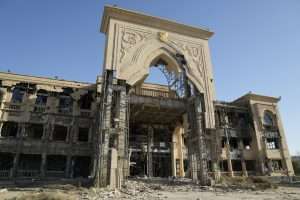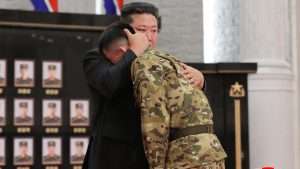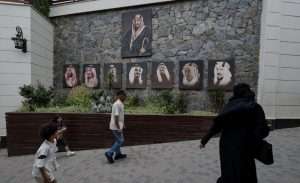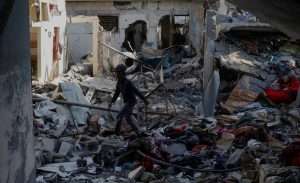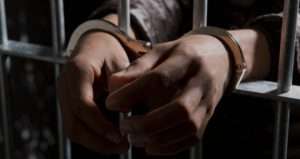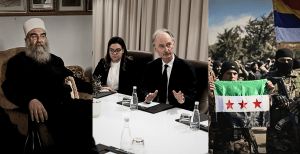UN investigates mass graves at Tunisia-Libya border
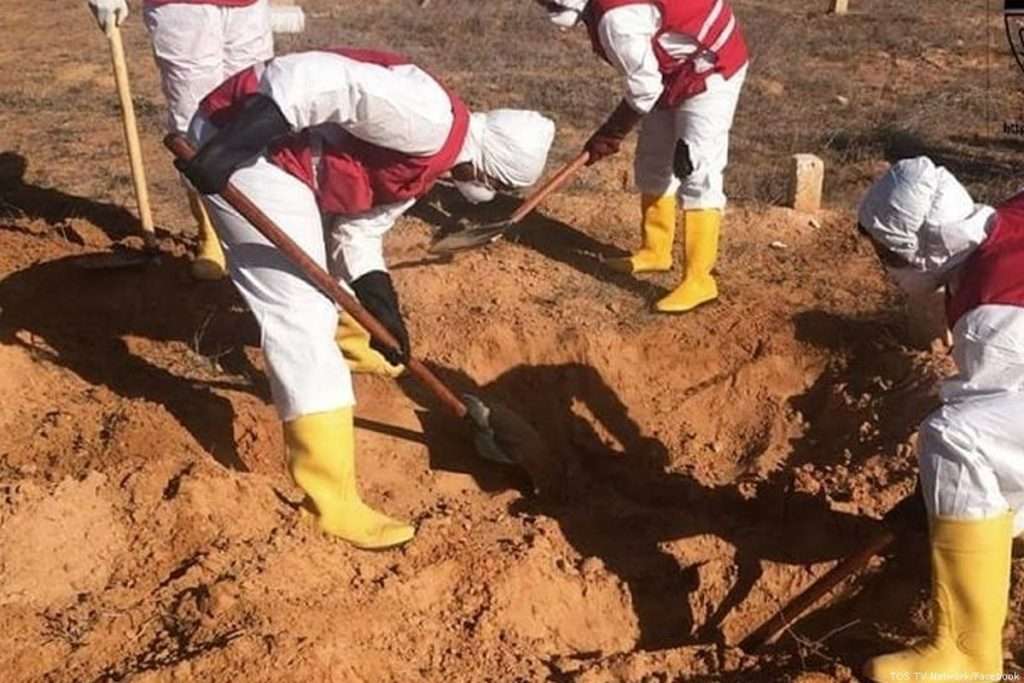
The U.N human rights chief has called for an investigation in the desert along the Libya-Tunisia border following reports of a mass grave site, reports Reuters.
On the 9th of July, Volker Turk denounced widespread violations against migrants and refugees in Libya, which is the site of a dangerous transit route through the Sahara Desert and across the Mediterranean.
The worries began in March 2023, when at least 65 migrant bodies were discovered at a mass grave site in southwest Libya’s al-Jahriya valley, 260 miles south of Tripoli.
Abuses against migrants were being “perpetrated at scale, with impunity” by both state and non-state actors, Turk said. He listed crimes including human trafficking, torture, forced labour, extortion, starvation, detention and mass expulsions.
Turk noted “disturbing developments” in a speech addressing Libya’s record over the last year to the U.N Human Rights Council in Geneva. “I urge the authorities to respond swiftly to our inquiries, and to investigate these crimes fully” he added.
READ: Tunisian soldier killed in Libya border attack
A spokesperson at Turk’s office said: “We have not received information from the authorities, but we are continuing to follow up on this.”
Some major border crossings between Libya and Tunisia were closed in mid-March, due to purported armed clashes between security forces.
Following a three-month closure, Libya and Tunisia’s interior ministers re-opened the major border crossing, Ras Ajdir, for the interest of both countries.
Libya and Tunisia are vital partners in the European Union’s efforts to stem the flow of migrants across the Mediterranean from North Africa into southern Europe.
READ: Tunisia, Algeria, and Libya meet to discuss Arab Maghreb union
A U.N. fact-finding mission in Libya has previously found grounds to believe crimes against humanity such as torture have been committed against migrants.
The mission expired last year, however, Gambia has filed a motion at the ongoing council meeting to provide assistance to help Libya improve its human-rights record, a U.N. document showed.
Libya’s Justice Minister Halima Ibrahim Abdulrahman stressed her country’s commitment to human rights and did not respond directly to Turk’s comments on the mass graves.
“Libya gives special importance to the rights of refugees,” she told the council, adding that some of Turk’s points were “not in line with reality”.
Despite Libya disclosing their commitment to the rights of refugees arriving in the North African country, bodies are still being found along the border. The safety of the refugees remains the most important issue.
Reuters
Want to chase the pulse of North Africa?
Subscribe to receive our FREE weekly PDF magazine




